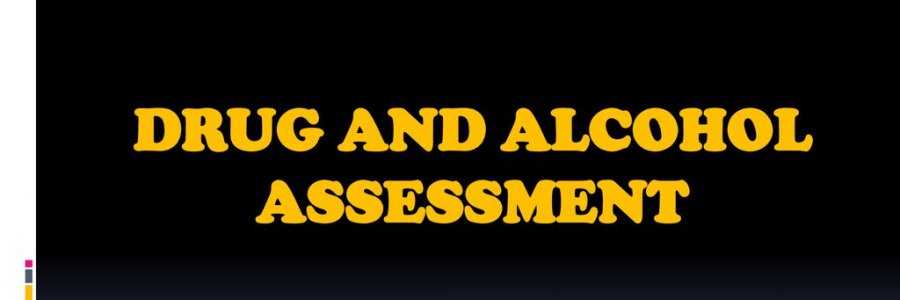Drug and alcohol abuse has ruined many a marriage and severely damaged the children of addicted parents. Allegations of alcoholism and addiction consequently abound in divorces and other domestic relations actions. As this article discusses, evidence of substance or alcohol abuse can be relevant in domestic relations actions, and courts may order drug and alcohol assessments to address those issues.
As to relevance, evidence of a spouse’s drug or alcohol abuse will support entry of a judgment of divorce, since statutory grounds for divorce expressly include “Habitual intoxication” and “Habitual drug addiction, which shall consist of addiction to any controlled substance…”(1)
Likewise, a parent’s drug or alcohol usage will bear upon a court’s determination of child custody. The statutory factors a judge may consider to evaluate a child’s best interests in a custody dispute expressly include evidence of substance abuse by either parent.(2) A parent’s alcoholism also has been judicially recognized as relevant on the issue of custodial fitness in a divorce action.(3) Additionally, evidence of parental drug or alcohol abuse has supported juvenile court determinations of child dependency/deprivation and orders terminating parental rights.(4)
In alimony cases, the judge or jury must consider a spouse’s ability to pay when determining the amount of alimony to award. In such cases, evidence of the paying spouse’s alcoholism has been deemed relevant to the determination of the spouse’s earning capacity and ability to pay.(5)
Where alleged drug and/or alcohol abuse may bear upon matters at issue in domestic relations actions, courts frequently will order either or both parties to undergo drug and alcohol assessments.(6) Those assessments typically include some type of urine or hair follicle drug and alcohol test, such as a twelve-panel drug screen.(7) In child custody cases, courts often require the assessed parents to complete any recommended treatment plans too.(8)
When a Guardian ad Litem is appointed in a child custody case, the Guardian can seek an order for examination of the parents by a medical or mental health professional; and that authority also should enable the Guardian to request an order for a drug and alcohol assessment.(9)
A court may condition child custody or visitation in a custody dispute, or condition reunification with children in dependency actions, on negative screening results in assessments or subsequent random drug tests, and on a parent’s successful completion of a treatment plan.(10)
(1) O.C.G.A. § 19-5-3 (9) and (12). (2) O.C.G.A. § 19-9-3(a)(3)(Q); and O.C.G.A. § 15-11-26(18). (3) See Bishop v. Baumgartner, 292 Ga. 460, 463, 738 S.E.2d 604 (2013); and Weaver v. Weaver, 238 Ga. 101, 103(2), 230 S.E.2d 886 (1976). (4) See, e.g., In re Interest of E.G.I.B., 342 Ga.App. 839, 805 S.E.2d 285 (2017); In re G.S., 279 Ga. App. 89, 630 S.E.2d 607 (2006); In re B.N.S., 259 Ga. App. 622, 578 S.E.2d 242 (2003); and In re D.M., 244 Ga. App. 361, 535 S.E.2d 7 (2000). (5) Weaver, supra, 238 Ga. at 103(2), citing Fried v. Fried, 211 Ga. 149, 151, 84 S.E.2d 576 (1954). (6) See, e.g., E.G.I.B., supra, 805 S.E.2d at 289; In re Interest of C.J.V., 333 Ga.App. 844, 845, 777 S.E.2d 692 (2015); G.S., supra, 279 Ga. App. at 89-90; and D.M., supra, 244 Ga. App.at 362. (7) See, e.g., http://requestatest.com/drug-test-medical-professional-profile-12-drugs-and-alcohol-urine-testing. (8) See, e.g., E.G.I.B., supra, 805 S.E.2d at 289; C.J.V., supra, 333 Ga.App. at 845; G.S., supra, 279 Ga. App. at 90; B.N.S., supra, 259 Ga. App. 623-624. (9) See U.S.C.R. 24.9(4). (10) See, e.g., E.G.I.B., supra, 805 S.E.2d at 289; C.J.V., supra, 333 Ga.App. at 845; G.S., supra, 279 Ga. App. at 89-90; B.N.S., supra, 259 Ga. App. 623-624; and D.M., supra, 244 Ga. App.at 362.
